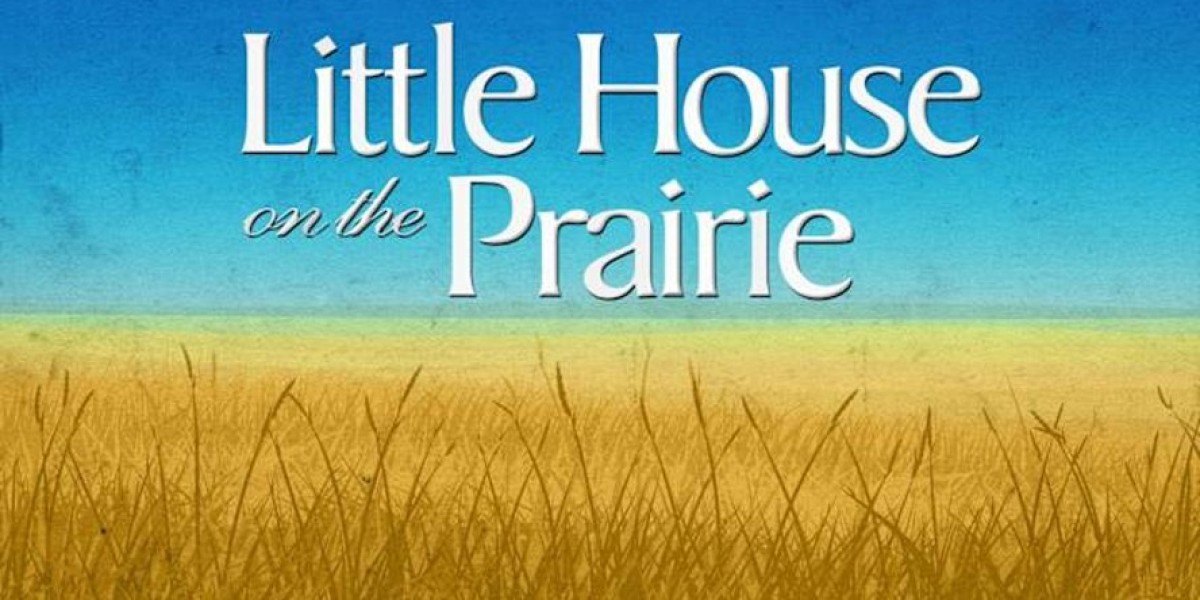The Enduring Art of the Essay
The essay, a versatile and enduring literary form, has captivated readers and writers for centuries. From its humble beginnings as a (essai in French, meaning "attempt" or "try") to its current status as a cornerstone of academic discourse and artistic expression, the essay has continuously evolved, adapting to changing intellectual landscapes and societal needs. At its heart, the essay pro https://www.reddit.com/r/study/comments/1d525ln/are_essaypro_reviews_genuine/ is a non-fiction prose composition that presents an argument, explores a topic, or tells a story from a personal perspective. Its strength lies in its flexibility, allowing for a wide range of voices, styles, and purposes.
A Brief History of the Essay
The origins of the essay can be traced back to the French philosopher Michel de Montaigne in the 16th century. Montaigne, often credited as the "father of the essay," pioneered the form with his Essais, a collection of highly personal reflections on a vast array of subjects, from the nature of friendship to the art of conversation. His work was characterized by its introspective and conversational tone, a departure from the more formal and didactic writing prevalent at the time. Montaigne’s essays were not intended to present definitive truths but rather to explore ideas and share his thoughts and experiences, inviting readers to engage in a similar process of self-discovery.
Following Montaigne, the essay form spread across Europe, finding new champions in England with Francis Bacon, who used the essay to present concise and aphoristic observations on moral and political themes. In the 18th century, the essay flourished in periodicals like The Spectator and The Tatler, where writers like Joseph Addison and Richard Steele used the form to comment on society, manners, and daily life, often with wit and satirical undertones. The 19th century saw the rise of the Romantic essayists such as Charles Lamb and William Hazlitt, who imbued their essays with emotional depth and a more lyrical, descriptive style. Ralph Waldo Emerson and Henry David Thoreau further developed the essay in America, using it as a vehicle for philosophical exploration and transcendentalist thought.
The Diverse Forms and Purposes of the Essay
One of the most remarkable aspects of the essay is its inherent adaptability. It can take on numerous forms, each serving a distinct purpose:
Narrative Essays: These essays tell a story, often a personal one, to illustrate a point or explore a theme. They use literary techniques such as vivid imagery, character development, and plot structure to engage the reader emotionally and intellectually. The focus is not just on the events themselves but on their significance and the insights gained from them.
Expository Essays: The primary goal of an expository essay is to explain or inform. These essays present facts, clarify processes, or define concepts. They are characterized by their clarity, logical organization, and objective tone, aiming to educate the reader without necessarily persuading them to a particular viewpoint. Textbooks, instruction manuals, and news articles often employ expository techniques.
Persuasive/Argumentative Essays: Perhaps the most common type of essay in academic settings, persuasive essays aim to convince the reader of a particular viewpoint. They present a clear thesis statement and support it with evidence, logic, and reasoning. These essays require strong critical thinking skills, the ability to anticipate counterarguments, and a compelling writing style to sway the reader's opinion.
Descriptive Essays: These essays focus on creating a vivid and detailed picture of a person, place, object, or event. They appeal to the reader's senses, using evocative language and sensory details to bring the subject to life. While they may not always have a clear argument, descriptive essays aim to immerse the reader in an experience or provide a deeper understanding of a subject through sensory perception.
Crafting an Effective Essay
Regardless of its form or purpose, a well-crafted essay shares several common characteristics:
A Clear Thesis Statement: At the heart of most essays is a thesis statement, a concise sentence (or sometimes two) that articulates the main argument or point of the essay. It acts as a roadmap for both the writer and the reader, guiding the development of ideas and ensuring coherence. A strong thesis is specific, debatable (for argumentative essays), and provides a clear direction for the essay's content.
Well-Developed Paragraphs: Each paragraph in an essay should focus on a single main idea that supports the overall thesis. These ideas are typically introduced by a topic sentence and then developed through a combination of evidence, explanation, and analysis. Evidence can take many forms, including facts, statistics, examples, anecdotes, or quotations from sources. The explanation clarifies how the evidence supports the topic sentence, and the analysis explores the significance of the evidence in relation to the main argument.
Logical Organization and Transitions: An effective essay flows smoothly from one idea to the next. This is achieved through logical organization, where ideas are presented in a coherent and sensible order, and the strategic use of transitions. Transition words and phrases (e.g., "furthermore," "however," "in addition," "consequently") act as bridges between sentences and paragraphs, guiding the reader through the essay's arguments and ensuring a seamless reading experience. Common organizational patterns include chronological order, spatial order, cause and effect, comparison and contrast, and problem and solution.
Engaging Language and Style: While clarity is paramount, an effective essay also benefits from engaging language and a suitable style. This doesn't necessarily mean using overly complex vocabulary, but rather choosing words precisely and varying sentence structure to maintain reader interest. The tone of the essay should be appropriate for the topic and audience, whether it's formal and academic, informal and conversational, or persuasive and passionate. A strong voice—the unique personality and perspective of the writer—can also make an essay more memorable and impactful.
The Essay in the Digital Age
In the 21st century, the essay continues to thrive, albeit in new and evolving forms. The advent of the internet and digital platforms has democratized writing, allowing a wider range of voices to be heard. Online essays, blog posts, opinion pieces, and long-form journalism are all descendants of the traditional essay, adapting its core principles to the digital landscape. These new forms often embrace multimedia elements, interactivity, and a more immediate connection with the audience.
Moreover, the essay remains a fundamental component of education, serving as a primary tool for assessing critical thinking, research skills, and written communication. From high school assignments to university dissertations, students are continually challenged to articulate their ideas and construct compelling arguments through the essay form. This consistent presence in educational curricula underscores its enduring value as a means of intellectual development and expression.
The Enduring Value of Essay Writing
Beyond academic requirements, the act of writing an essay offers profound personal and intellectual benefits. It encourages critical thinking, forcing writers to analyze information, evaluate evidence, and formulate reasoned arguments. It cultivates research skills, as writers learn to locate, assess, and synthesize information from various sources. Furthermore, essay writing enhances communication skills, enabling individuals to articulate complex ideas clearly, concisely, and persuasively. It also fosters creativity and self-expression, providing a platform for writers to explore their thoughts, feelings, and perspectives on the world.
In an age of information overload and rapid communication, the essay stands as a testament to the power of thoughtful reflection and reasoned discourse. It invites both writer and reader to slow down, engage deeply with ideas, and participate in a meaningful exchange of perspectives. As long as there are ideas to explore, arguments to make, and stories to tell, the essay will continue to be a vital and cherished form of human expression. Its adaptability, intellectual rigor, and capacity for both personal and public engagement ensure its enduring relevance in an ever-changing world.







